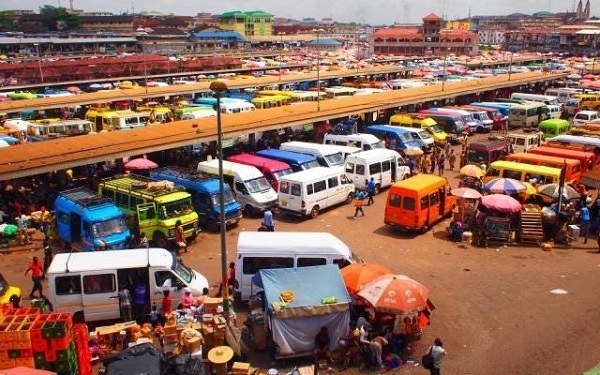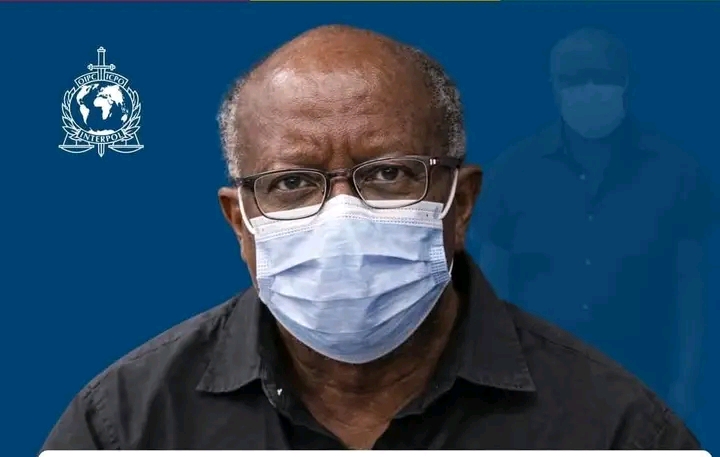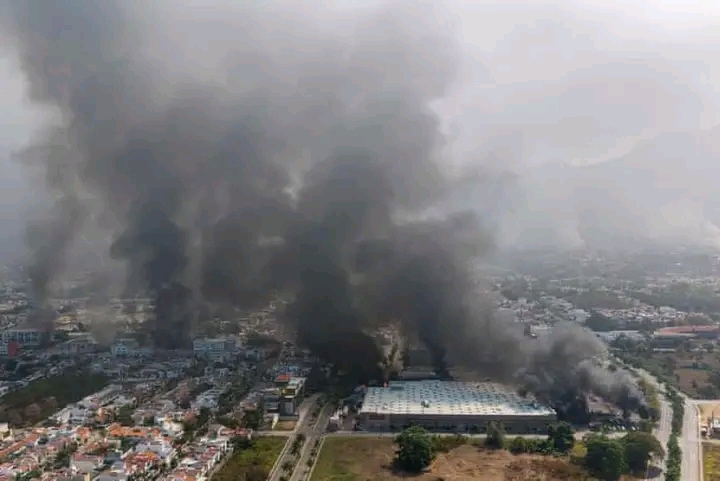Credit: Kekeli K. Blamey
The Ghanaian government’s recent move to impose a GHS1.00 levy on petroleum products is facing fierce opposition from commercial transport operators, who warn of a nationwide strike if the policy is not reversed.
The Ghana Private Road Transport Union (GPRTU), which represents a significant portion of the country’s public transport workforce, has announced plans to halt operations across the country on June 10, 2025, in protest of the new tax—informally dubbed the “Dumsor Levy.”
Speaking at a press conference on Thursday, June 5, the Union’s Industrial Public Relations Officer, Abass Ibrahim Imoro, expressed dismay over the government’s unilateral decision to implement the levy. He described it as an added financial burden that threatens to destabilize the transport industry.
“Commercial drivers are already grappling with high fuel costs and inflation. Adding another cedi to each litre of fuel without engaging us first is unjust and unsustainable,” Imoro said.
The levy was introduced following the passage of the Energy Sector Levy (Amendment) Bill, 2025, which aims to raise an estimated GHS5.7 billion annually. According to Finance Minister Dr. Cassiel Ato Forson, the funds are essential to addressing the country’s growing energy sector debt, currently pegged at $3.1 billion, and to ensure a stable fuel supply for thermal power generation—expected to cost an additional $1.2 billion in 2025.
Despite the government’s justification, transport operators argue that the policy was rolled out without adequate consultation and risks pushing many drivers and transport business owners out of operation.
“If the government does not immediately reverse the decision and initiate dialogue with industry players, we will have no option but to halt operations nationwide,” Imoro warned.
The GPRTU has urged authorities to reconsider the policy and engage with stakeholders to explore more balanced solutions for addressing the country’s energy challenges. With the June 10 deadline looming, the risk of national transport paralysis is rising—along with tension between economic recovery goals and the real-world impact on working Ghanaians.







